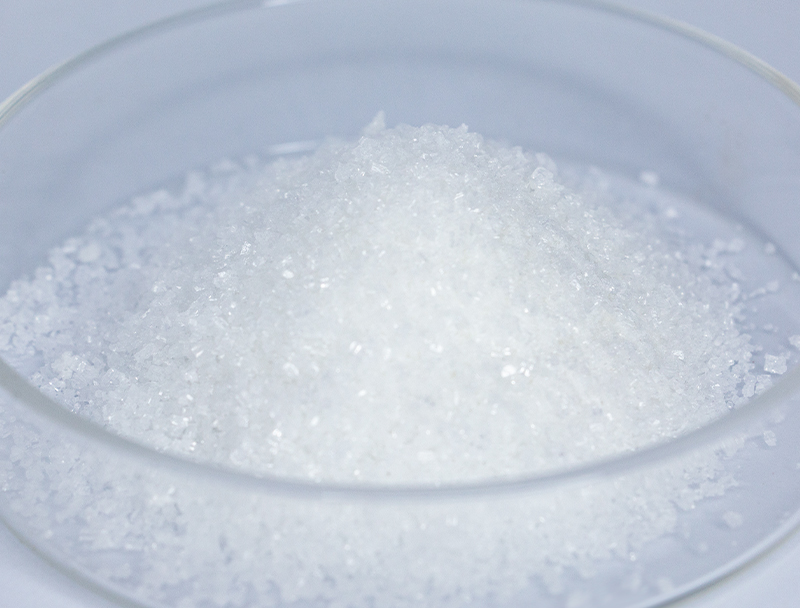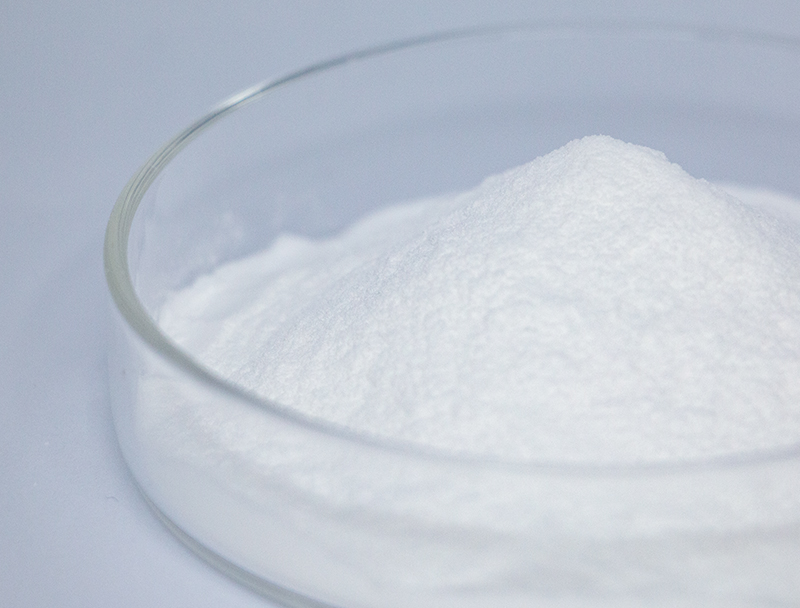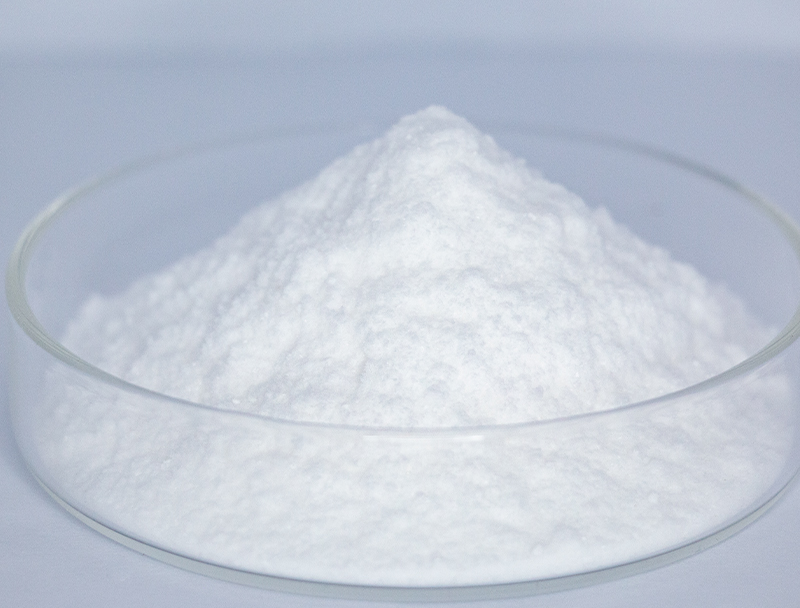
Large-scale bioproduction hinges upon a substantial range of primary inputs to manufacture advanced biological products.
Preserving the sustainable sourcing of these resources is paramount for the long-term viability and ethical growth of the industry.
multiple challenges associated with traditional raw material procurement for instance pollution and systematic depletion of reserves. Therefore, producers should prioritize ethical sourcing models to curtail ecological damage.
- Instances of green procurement approaches are:
- Using repurposed agricultural residues as substrates
- Operating reuse-focused platforms to lower discard and increase efficiency
- Teaming up with provincial partners who practice sustainable procurement
Adopting sustainable feedstock strategies yields environmental wins alongside fiscal sustainability.
Refining Biomass Sources to Enhance Fuel Conversion
Advancing fuel production depends on feedstock consistency and composition. Technologists actively pursue refinements to increase feedstock efficiency, yielding greater biofuel outputs and greener energy prospects. Initiatives integrate bioengineering to scale biomass production and pretreatment workflows to free fermentable sugars.
- Similarly, research probes algae, byproduct streams, and harvest remnants as potential sustainable sources to augment biofuel feedstocks.
- As a result of relentless efforts the industry should deliver significant enhancements paving a path to sustainable energy.

Next-Generation Upstream Methods in Biopharmaceuticals
represents the initial stages of biopharmaceutical manufacturing, encompassing all steps from cell culture and cell harvesting Contemporary breakthroughs have refined protocols and elevated product throughput.
Key advancements include the utilization of novel cell lines, optimized culture media formulations, and intelligent bioreactor designs. Such breakthroughs boost efficiency and simultaneously reduce manufacturing costs and carbon burdens.
- Also, evolving practices favor continuous flow processing which supports more agile upstream control.
- Transitioning to refined production methods has the potential to overhaul the industry and expedite new treatments.

Advances in Gene Editing to Boost Therapeutic Production
innovations in genome-editing toolsets have enhanced biopharmaceutical manufacturing. Via deliberate gene edits, teams amplify protein expression for higher yields. This route supports the creation of more affordable and productive treatments for multiple disorders.
Applying Microbial Tools to Improve Environmental Remediation
advanced microbe-driven remediation methods to treat contaminated sites sustainably. Various microbial strains are capable of breaking down toxins into safer constituents.. By harnessing this natural potential, we can develop environmentally friendly strategies for cleaning up contaminated sites and mitigating the negative impacts of industrial activities.. Investigators study multiple microbial strains for abilities to transform metals, degrade agrochemicals, and process petroleum wastes.. These microorganisms can be employed in bioreactors 4-Aminobutyric acid or directly at contaminated sites, promoting the breakdown of pollutants through biodegradation processes..
Employing microbial strategies for remediation provides multiple benefits versus traditional techniques. Microbe-driven cleanup typically costs less and generates fewer dangerous byproducts. Likewise, microbial systems can selectively degrade contaminants while sparing the wider environment. The field of microbial biotechnology continues to advance rapidly, with ongoing research focused on improving the efficiency and effectiveness of bioremediation strategies.
Informatics-Driven Strategies for Drug Design
Data-driven bioinformatics is critical for modern pharmaceutical innovation. By leveraging complex datasets, bioinformatics expedites discovery and optimizes candidate safety and potency.
- By analyzing vast datasets of genomic, proteomic, and clinical data, bioinformaticians can uncover novel drug targets and predict the activity of potential therapeutics.
- Furthermore, computational modeling of drug–target interactions aids rational design of higher-performing therapeutics.
- Ultimately, informatics is transforming R&D and shortening timelines to deliver safe, efficacious therapies to patients.
Synthetic Biology Routes for Elevated Bioproduct Synthesis
deploys several tactics to elevate cellular production of valuable biochemicals. Methods might combine targeted gene changes to rechannel flux, regulatory element design to control expression, and exogenous gene introduction to provide fresh capabilities.. Through careful adjustment of metabolic routes engineers can markedly elevate product titers.
This combined approach has capacity to change industries from drug manufacture to food production and bioenergy.

Scaling Biopharma Production: Hurdles and Advantages
Scaling up biopharmaceutical production presents both significant challenges and exciting opportunities. Ensuring product consistency at larger manufacturing scales represents a major hurdle. Overcoming this requires advanced process control, continuous monitoring, and sensitive analytical platforms.

Also challenging is the layered complexity of biomanufacturing encompassing numerous sequential steps.. Adapting protocols for industrial scale requires considerable development work and engineering advances.. Despite challenges, the benefits may be considerable. Efficient scale-up can amplify access to medicines, compress costs, and strengthen returns.
A series of measures are underway to confront these obstacles. Plans feature next-gen optimization hardware, sophisticated real-time analytics, and forward-looking production strategies.
- Research and development activities are central to evolving manufacturing capacity.
- Regulators are reforming approval systems to facilitate adoption of advanced manufacturing and nurture innovation.
Charting Regulatory Pathways for Biologics to Safeguard Patients
Engineering biologic therapies includes robust governance to assure patient safety and measure effectiveness. Biologic therapeutics bring unique regulatory and manufacturing demands unlike traditional pharmaceuticals.
Authorities including the FDA and EMA implement guidelines and thresholds to assess and approve novel biologic products.
Stringent experimental and surveillance testing occurs across the entire development-to-market continuum. Those requirements help reveal risks and confirm that biologics satisfy stringent safety criteria..
Moreover, oversight agencies continually refine approaches to align with accelerating scientific progress in therapeutics.. Programs embrace modern technologies and foster development speed while maintaining patient-centered safeguards.

Exploring the Potential of Plant-Based Biomass Feedstocks in Bioplastics
Heightened demand for sustainable products accelerates efforts to develop renewable material alternatives. Converting plant biomass into bioplastics offers a credible pathway to environmentally sound products. Renewable inputs including cornstarch, cellulosic matter, and sugarcane biomass can be processed into biodegradable plastics that minimize long-term pollution.
Concurrently, several bioplastic formulations approximate conventional plastic traits and serve wide-ranging applications. Sustained research efforts are necessary to optimize plant feedstocks for mass bioplastic production and enable circularity.
Biotechnology's Impact on Global Health and Food Security
Modern biotech tools present opportunities to improve global health and stabilize food production. With genetic tools, engineered biological systems, and regenerative cell approaches, experts craft interventions to manage diseases, enhance agriculture, and fortify nutrition.. Consider genetically enhanced crops that resist pests and environmental stresses to improve production and reduce pesticide reliance.. Additionally, biotech enables faster vaccine development, novel antimicrobials, and precise diagnostics critical to infectious disease control and health improvement.. As research progresses, biotechnology holds immense promise for creating a healthier and more sustainable future for all.
 Calcium 2-oxoglutarate
Calcium 2-oxoglutarate